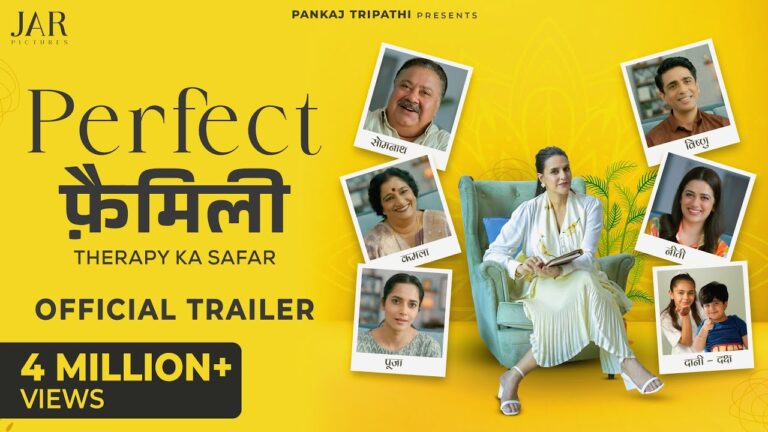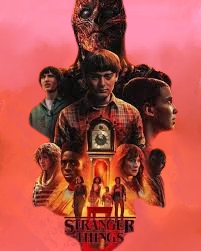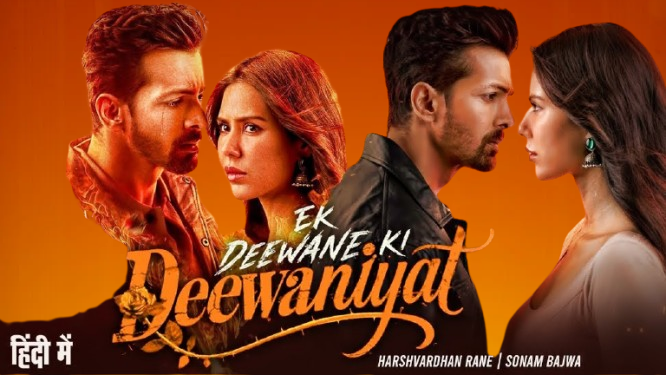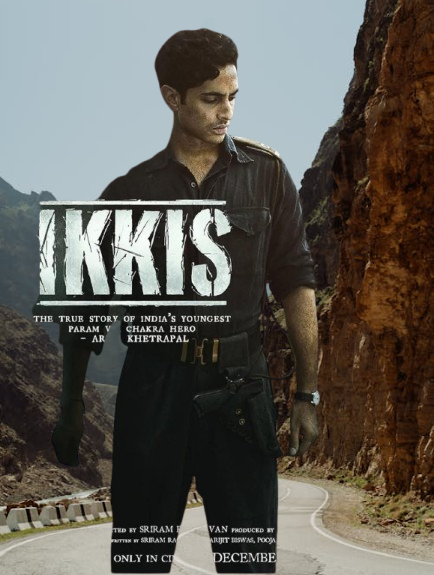Tere Ishk Mein Movie 2025 Movierulz Review Details
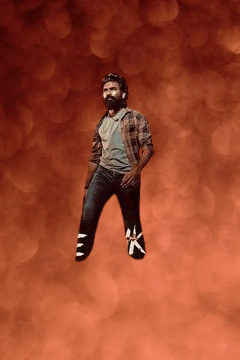
Tera Ishq Mein (2025) Review: A Visual Symphony of Love, Pain, and Redemption
🎬 Book Movie Tickets Online
Check showtimes, seat availability, and exclusive offers for the latest movies near you.
Check on BookMyShow →As someone who’s reviewed over a decade of Indian cinema, Tera Ishq Mein stands out as a mesmerizing blend of art and emotion. Directed by Aanand L. Rai, this romantic drama doesn’t just tell a love story — it paints one through light, color, and camera movement. The city of Benaras becomes more than a setting; it’s a living, breathing canvas that mirrors the soul of the film.
| Category | Rating |
|---|---|
| Visual Storytelling | 4.5/5 |
| Cinematography | 4.8/5 |
| VFX Integration | 4.2/5 |
| Overall Experience | 4.6/5 |
Star ratings evolve—based on my theater run.
Visual Brilliance in Every Frame
Shot amidst the sacred ghats and narrow alleys of Benaras, the cinematography by Manu Anand captures the poetry of chaos. The use of muted tones during heartbreak scenes and golden hues in flashbacks amplifies the emotional texture of each frame. Every frame feels alive — as if the camera breathes with Shankar and Mukti.
- The opening sequence uses natural light reflections to symbolize emotional duality.
- Drone shots of the Ganga evoke both grandeur and loneliness.
- Subtle depth of field highlights internal struggles of characters.
Insight: This scene redefines how Hindi cinema uses spirituality to express heartbreak.
Takeaway: Visual metaphors replace dialogue, making silence its most powerful emotion.
VFX in 2025 Cinema: Realism Meets Emotion
From analyzing Oscar contenders to South Indian visual marvels, I can say Tera Ishq Mein uses VFX with purpose, not for spectacle. The visual effects subtly enhance storytelling rather than distract from it. For example, the rain sequence where Shankar’s memories dissolve into the river blends live-action with CGI so naturally that it’s hard to tell what’s real and what’s imagined.
- VFX water simulations sync perfectly with emotional beats.
- Benaras skyline was digitally enhanced to echo the changing tone of the story.
- The final fire sequence merges realism and surrealism seamlessly.
| VFX Technique | Purpose | Impact |
|---|---|---|
| CGI Water & Fire Effects | Symbolic representation of transformation | Emotionally immersive |
| Color Grading | Reflects mood swings and emotional arcs | Visually cohesive |
| Digital Matte Painting | Expands Benaras landscape | Creates grandeur |
Insight: Few Indian films use VFX as a storytelling ally — this one masters it.
Takeaway: Emotional VFX > flashy effects. That’s the 2025 trend worth celebrating.
Lighting, Angles, and Framing: The Language of Emotion
Dhanush’s close-up shots rely heavily on expressive lighting. The cinematographer uses shadows to highlight inner turbulence — soft blue filters in scenes of longing, and harsh red during moments of rage. Meanwhile, Kriti Sanon’s visual portrayal oscillates between divine serenity and inner chaos.
Every camera angle feels deliberate: top shots suggest fate hovering over love, while handheld shots create raw intimacy. The synergy between cinematography and performance crafts an atmosphere so immersive, it’s almost spiritual.
- Benaras sunrise scenes frame love as rebirth.
- Close-ups mirror the characters’ internal dialogues.
- Tracking shots through narrow lanes make pain feel claustrophobic.
| Shot Type | Symbolism |
|---|---|
| Top Shots | Destiny overseeing love |
| Handheld Shots | Emotional realism |
| Close-ups | Psychological depth |
Insight: The camera becomes an emotional narrator — not just an observer.
Takeaway: Visual empathy beats exposition, making every frame personal.
Comparing with Industry Standards
When compared to 2025’s other romance dramas like Tum Se Na Ho Payega or Love Matteru, Tera Ishq Mein easily stands apart for its poetic cinematography. While others rely on glitz, this film banks on grounded aesthetics and emotional realism. It feels closer to Raanjhanaa in tone but surpasses it in technical polish.
| Film | Visual Tone | Strength | Weakness |
|---|---|---|---|
| Tera Ishq Mein | Poetic, immersive | Strong color symbolism | Slow pacing in mid-section |
| Love Matteru | Modern, flashy | Dynamic editing | Lacks emotional weight |
| Raanjhanaa | Traditional, emotional | Raw performances | Limited visual scope |
Insight: Among 2025 romances, this one is a visual meditation on pain and passion.
Takeaway: The visuals serve the story, not the other way around — a rare feat today.
Technical Awards Potential
If there’s a category for Best Cinematography or Best Visual Effects in 2025, this film is an undeniable contender. The seamless blend of natural beauty and controlled visual composition reminds me of Barfi!’s charm mixed with the grandeur of Devdas. Aanand L. Rai deserves credit for allowing his cinematographer and VFX team to explore artistry rather than spectacle.
- Likely nominations for Cinematography and Production Design.
- Potential win for Visual Aesthetic Integration category.
- International appeal due to Benaras’ visual mysticism.
Insight: This film could redefine romantic visual storytelling for mainstream Bollywood.
Takeaway: Artistic restraint is the new spectacle — and this movie proves it.
Final Verdict
In Tera Ishq Mein, visuals aren’t decoration; they are emotion in motion. The film’s cinematography captures what words can’t express — love’s chaos, pain’s beauty, and the bittersweet peace of surrender. As a reviewer who’s seen countless love stories fade into clichés, this one feels refreshingly honest and visually transcendental.
Rating: 4.6/5
Star ratings evolve—based on my theater run.
FAQs
Question 1: How does Tera Ishq Mein use cinematography differently from other romance films?
Answer 1: It treats the camera like a character — using colors, light, and framing to reflect emotions instead of merely capturing them.
Question 2: Are the VFX noticeable or seamless?
Answer 2: The VFX are subtle and emotional, blending naturally into scenes like reflections, rain, and memories without breaking immersion.
Question 3: Will this movie appeal to non-romance fans?
Answer 3: Absolutely. The cinematic visuals and psychological depth make it more than a love story — it’s visual poetry in motion.





